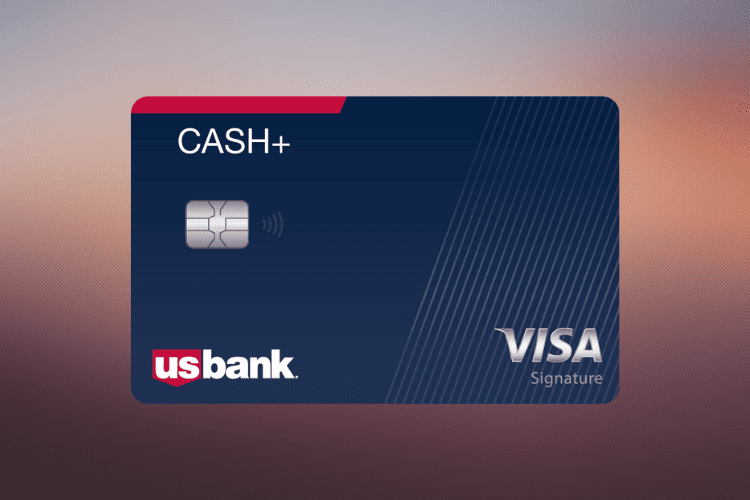Different Types of Personal Loans Explained

 Disclosure: We’re letting you know that this post contains sponsored links which The Smart Wallet receives compensation for, which may impact their order of appearance. This site doesn’t include all available offers.
Disclosure: We’re letting you know that this post contains sponsored links which The Smart Wallet receives compensation for, which may impact their order of appearance. This site doesn’t include all available offers.
If you can’t cover the cost of debt in general, you might want to consider your options with personal loans.
Banks and lenders offer individuals a few different types of personal loans to meet various financial needs and situations. So it’s always essential to shop around before settling on a loan.
After all, it’s your debt that you’re stuck paying off over the next few years, so it’s crucial that you choose the right type of personal loan for you. Here’s a rundown of the most common types of loans you’re likely to encounter.
Secured Loans
A secured loan gets its name because it requires something to “secure” or guarantee the money you’re borrowing. Collateral, in other words. If your loan ever falls into default – if you fail to make payments – the bank takes your collateral to pay off the loan. This makes it more “secure” for the bank to lend you money.
This could be better or worse, depending on your situation. You may snag lower interest rates with a loan backed by collateral, but you also have the fear of losing your collateral assets if a future financial emergency makes it too hard for you to repay the loan.
Common examples of collateral used in secured loans include your home, car, savings account, and other tangible assets.
Usually, you pay a fixed payment each month on a secured loan.
Unsecured Loans
The majority of personal loans are unsecured. Unlike secured loans, these aren’t backed by collateral. It’s easy to get an unsecured personal loan if you have a high credit score, but unsecured personal loans for less-than-stellar credit scores usually come paired with painfully high interest rates. Expect interest rates up to 36% if you have bad credit or your credit score simply isn’t in the best shape.
Still, you can deal since at least they’ll be predictable monthly payments. You can work the cost into your budget and even pay extra toward principal each month to eliminate this high interest debt before it comes to term.
We all know debt isn’t fun but there are even repayment options up to 72 months, so you’ll have plenty of time to pay it all back (phew!)
Variable Rate Loans
Variable rate loans appeal to some borrowers because they often carry lower annual percentage rates (APRs) than fixed-rate loans. This sounds great, but variable interest rates can make your loan more expensive if interest rates increase over the life of your loan.
Make sure you read the fine print on any variable rate loan before signing on the dotted line to make sure you understand the terms. Some lenders impose caps that limit how much your rate can rise or fall over the life of your loan.
Debt Consolidation Loans
Debt consolidation loans combine multiple debts into a single new loan. It doesn’t eliminate the money you owe, but it puts it all together into one loan with a lower interest rate.
This is one popular way to simplify debt payments into one fixed monthly payment instead of worrying about four different credit card bills each month. You can even get help consolidating your debt from a credit counselor.
Depending on the APR you secure in a debt consolidation loan, you could save hundreds or even thousands of dollars over the life of your loan by paying less toward interest.
Although, if your credit score is average and up, you can save quite a bit of money by getting matched to personal loans with AMOne. Quickly and easily compare loans up to $50,000 with an APR as low as 3.99% and consolidate your debt into one manageable monthly payment. It’ll help tackle and pay down any credit card debt you have.
Oh and get this: you can get approved in as little as one day; your wallet will surely thank you!
Overall, a personal loan can be a very valuable financial tool… if used wisely. Be wary of lenders who charge exceptionally high-interest rates or charge early pay-off fees. Your personal loan should provide the financial leeway you need to reach a specific goal, not leave you drowning in piles of debt.










